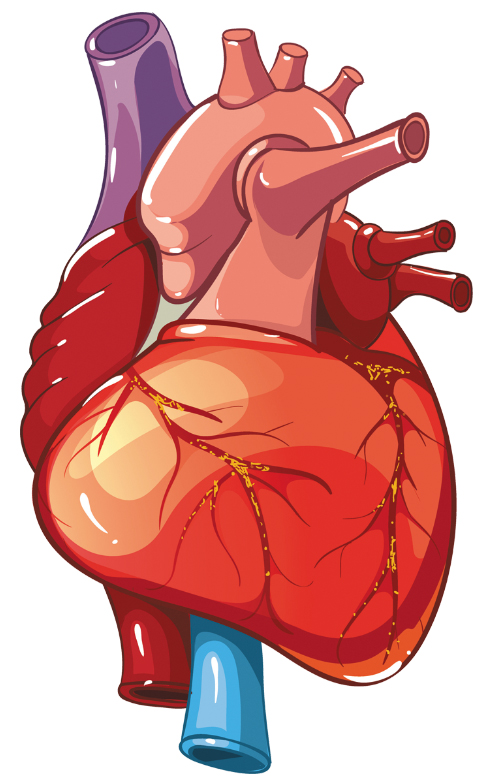Hickory – The heart is the most important organ in our body. If it becomes too weak to pump blood properly, you can experience a variety of symptoms that need to be treated with medication or surgery, depending on their severity. While there isn’t a cure for heart failure, the good news is there are things you can do to help you feel better. Read on to learn more about the symptoms of heart failure and local resources that are available to help you take steps toward a better quality of life.
Difficulty Breathing
One of the most common and distressing symptoms of heart failure is shortness of breath. One possible reason for this is that blood can “back up” when the heart does not pump properly, causing fluid to build up in the lungs. This can lead to a rapid decline in health, which could eventually affect all aspects of your life, including energy levels or ability at work. But there are ways to improve these difficulties through medication and other treatment plans designed especially with your needs in mind.
Excessive Sweating
Sweating is a common symptom for many people with heart failure. It’s not clear why some suffer from this condition, but it can be frustrating or embarrassing to have excessive moisture in your underarms or other parts of your body. These symptoms aren’t just uncomfortable — it could be a sign that your heart is struggling to keep up with the demands of pumping blood through your body.
Rapid Weight Gain Or Loss
A high percentage of people with heart failure experience rapid weight gain or loss. This can happen because of a few different factors, such as medication side effects or an increase in stress hormones like cortisol, which cause some people to store more fat than average.
Fatigue
Excessive tiredness is a common symptom of heart failure. As your disease progresses, it can cause anemia due to low blood volume or decreased oxygen delivery in cells across all parts of your body, which leads to fatigue. You may have difficulty sleeping at night due to a change in sleep patterns as you struggle for air throughout the night. However, this doesn’t mean you need to be less active. Pay attention to these signals and talk with your healthcare provider about how much physical activity is right for you.
Irregular Heartbeat
A healthy heart can generate up to 100 beats per minute. If this rhythm becomes irregular or has trouble staying in step with your body’s other processes, it can lead to other troubling symptoms. You might become short of breath and experience chest pain. As heart failure worsens, you may experience swelling around your legs that could indicate clogged arteries.
Local Resources Are Available
If you experience any of these symptoms, you don’t have to face them alone. Let a medical professional know immediately so you can get a proper diagnosis, and find out the best treatment options. Carolina Caring’s Advanced Cardiac Care Program was developed in collaboration with the National Partnership for Healthcare and Hospice Innovation (NPHI) and the American Heart Association (AHA). Now available locally, it is the first specialized program to address how hospice services can help patients with heart failure live their best lives.
“When patients experience heart failure, they often need expert help that can come from a number of coordinated medical professionals,” says Sue Nelson, Carolina Caring’s Chief Operating Officer. “Since we created our Advanced Cardiac Care Program in partnership with NPHI and AHA, we have been able to provide this type of holistic care while helping people stay at home as long as possible and avoid expensive hospitalizations or skilled nursing facility stays.”
For more information about the program, visit CarolinaCaring.org/heart or call 828.466.0466. You can also request a Patient and Caregiver Handbook, which provides valuable education and resources to manage heart failure successfully.









